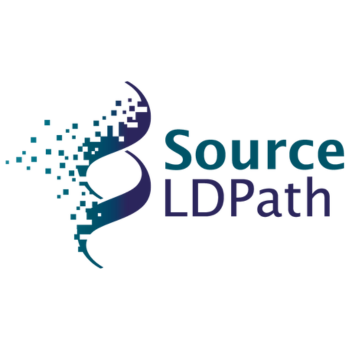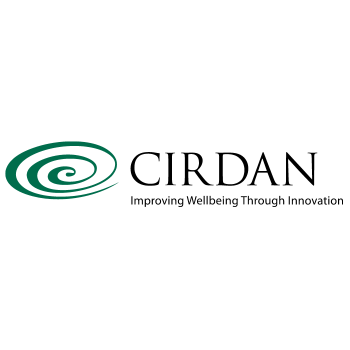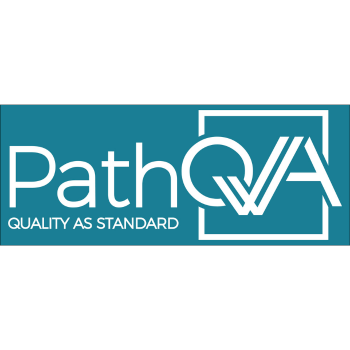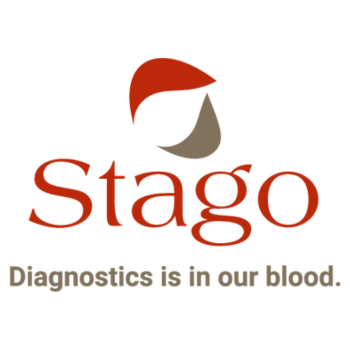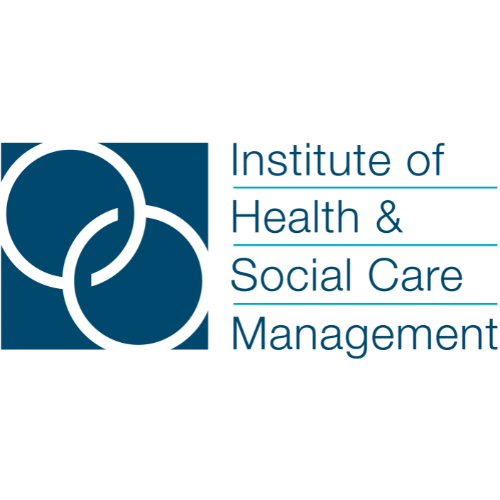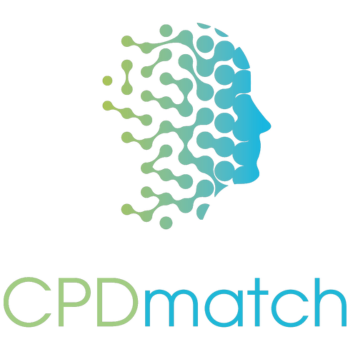The programme
08:30
Registration & Networking
Registration & Networking
09:30
Chair Opening Address (Confirmed)
Mr Chris Sleight MSc BSc FIBMS
Ex Diagnostics Leader within the NHS
Welcome and framing of the day: an urgent call to modernise pathology in the context of the NHS 10-Year Plan, diagnostic backlogs, and digital transformation.
09:40
Keynote Presentation - The Role of Pathology in Delivering NHS 2035 (Confirmed)
Bruce Daniel
Head of Pathology
NHS England – South West Region
Session Overview:
Pathology networks are moving toward leading pathology service provision across their footprints. How far can this go, and what further changes will be required? In parallel, pathology services could and should become more effective in enhancing prevention and treatment pathways transitioning this into the principles outlined in the 10 Year Plan. How do we move the focus to the function of networks and what part will finance, staffing and digital play in this towards 2035?
10:00
BIVDA Q&A Session: Diagnostics at the Heart of NHS Transformation: Innovation, AI, and Community Testing (Confirmed)
Beth Loudon
Head of Market Access
BIVDA
Angela Douglas MBE
President
BIVDA
Session Overview:
In this interactive Q&A, Helen Dent (Chief Executive, BIVDA) and Angela Douglas MBE (President, BIVDA) will explore how in-vitro diagnostics can play a pivotal role in delivering the NHS 10-Year Plan.
The discussion will focus on three critical themes: the expansion of diagnostics into community and prevention settings, the impact of innovation, AI, and automation on reducing laboratory workloads and turnaround times, and how stronger partnerships between industry and the NHS can build resilient, sustainable diagnostic services.
Delegates will have the opportunity to put questions directly to the speakers and consider how collaborative models can help overcome the current challenges facing pathology.
10:30
Main Sponsor - Analogue to Digital: Revolutionising Pathology to Cut Diagnostic Delays
Jade Erwin
Digital Integrations Manager
Source LDPath
Main Sponsor - Source LDPath
A case study showcasing the move from traditional histopathology workflows to a fully digitised solution, cutting turnaround times from over four weeks to under 10 days in line with the updated 10 year NHS Long Term Plan.
10:50
Morning Break & Networking
Morning Break & Networking
11:50
Chair Morning Reflection (Confirmed)
Mr Chris Sleight MSc BSc FIBMS
Ex Diagnostics Leader within the NHS
Chair Morning Reflection (Confirmed)
11:55
Case Study - Digitising Staff T&C - The first step in unlocking workforce potential
Case Study - ProfilerLive
Digitising Staff T&C - The first step in unlocking workforce potential
Simon Brown, Director at ProfilerLive
12:15
Case Study - Digital Pathology Transformation @ University Hospital Southampton
Dr Vipul Foria DipRCPath(Cyt) FRCPath
Consultant Histopathologist & Cytopathologist
University Hospital Southampton NHS Foundation Trust
Case Study - Aiforia
Digital pathology has moved from a research tool to being widely used for primary diagnostics. A digital pathology solution brings flexibility to service provision, improved quality, increased efficiency and reduced turnaround times. The digital pathology transformation journey at UHS started in 2017 with the addition of a small WSI scanner but the project really gathered momentum in 2021 with funding to create a comprehensive digital pathology system.
There were major challenges integrating new IT solutions within legacy systems. The clinical vision was to create an integrated digital system, with a single touchpoint from a pathologist perspective. This was achieved with a PACS based reporting solution to create an UI design for a positive end user experience.
12:35
Fireside Interview - Building the Pathology Network of the Future: Lessons from the Black Country (Confirmed)
Dr Branko Perunovic
Chief Medical Officer
Black Country Pathology Service
Session Overview:
In this fireside interview, Dr Branko Perunovic (Chief Medical Officer, Black Country Pathology Service) will share insights from leading one of the NHS’s largest pathology networks.
The discussion will explore how integrated networks can deliver resilience, improve turnaround times, and support the digital transformation agenda.
Dr Perunovic will reflect on practical lessons from consolidation, workforce development, and the adoption of innovative technologies, offering delegates a real-world perspective on how pathology can act as a catalyst for the NHS 10-Year Plan.
12:55
Case Study - Faster, Better Diagnostics: Practical AI Applications in Pathology Service
Mike Langford
Senior Director of Clinical Operations UK
Diagnexia
Case Study - Diagnexia
Diagnexia will share how AI-powered digital pathology is transforming diagnostic services across the NHS. The session highlights real-world implementations that are improving turnaround times, enhancing diagnostic accuracy, and optimizing workforce efficiency.
14:00
Chair Afternoon Address (Confirmed)
Mr Chris Sleight MSc BSc FIBMS
Ex Diagnostics Leader within the NHS
Chair Afternoon Address (Confirmed)
14:05
Panel Q&A: People at the Core: Tackling Workforce Challenges in NHS Diagnostics and Pathology Networks (Confirmed)
Francesca Trundle
Managing Director
Kent and Medway Pathology Network
Angela Jean-Francois CSci FIBMS HCPC
Managing Director
North West London Pathology
Session Overview:
The success of NHS Diagnostics and Pathology Networks depends on a resilient and skilled workforce. Yet services are facing increasing pressure from staff shortages, an ageing workforce, and rising demand for timely diagnostics. This panel debate will examine the key workforce challenges across pathology networks, including recruitment, retention, training pathways, and the integration of new roles and technologies.
Panellists will explore how collaboration across networks can drive sustainable workforce solutions, support innovation, and safeguard high-quality patient care. The discussion will invite fresh perspectives on building a workforce strategy that meets the future needs of diagnostics and pathology services across the NHS.
14:25
Presentation - Integrating Genomics into NHS Pathology: Building the Future of Precision Diagnostics (Confirmed)
Jane Starcyzski
Scientific Lead
NHS England Genomics Unit Cancer
Session Overview:
Genomics is rapidly transforming the landscape of diagnostic medicine, offering new opportunities to deliver faster, more accurate, and more personalised care across the NHS. As genomic testing becomes increasingly embedded within mainstream clinical services, the NHS Genomics Programme is working to ensure that laboratories, clinicians, and data systems are ready to deliver at scale.
In this session, Jane Starczynski, Scientific Lead, NHS England Genomics Unit Cancer will outline how genomics is being integrated into the national diagnostic strategy.
Key Topics:
- The evolving role of pathology in delivering genomic medicine.
- Workforce, infrastructure, and digital readiness across pathology networks.
- How genomics supports the NHS Long Term Plan’s ambition for prevention-led, data-driven care.
14:45
Pathology as a Catalyst for NHS Transformation Panel Discussion (Confirmed)
Francesca Trundle
Managing Director
Kent and Medway Pathology Network
Dr Branko Perunovic
Chief Medical Officer
Black Country Pathology Service
Session Overview:
This interactive, solution-focused panel discussion will engage attendees and facilitate a discussion to explore how pathology can actively drive NHS transformation in line with the 10-Year Plan.
Using real-world case challenges (e.g. IT failures, workforce gaps, digital scaling), participants will discuss co-design action plans for embedding pathology in community diagnostic centres, strengthening governance, and expanding digital capability.
15:15
Chairs Closing Remarks (Confirmed)
Mr Chris Sleight MSc BSc FIBMS
Ex Diagnostics Leader within the NHS
Chairs Closing Remarks (Confirmed)


